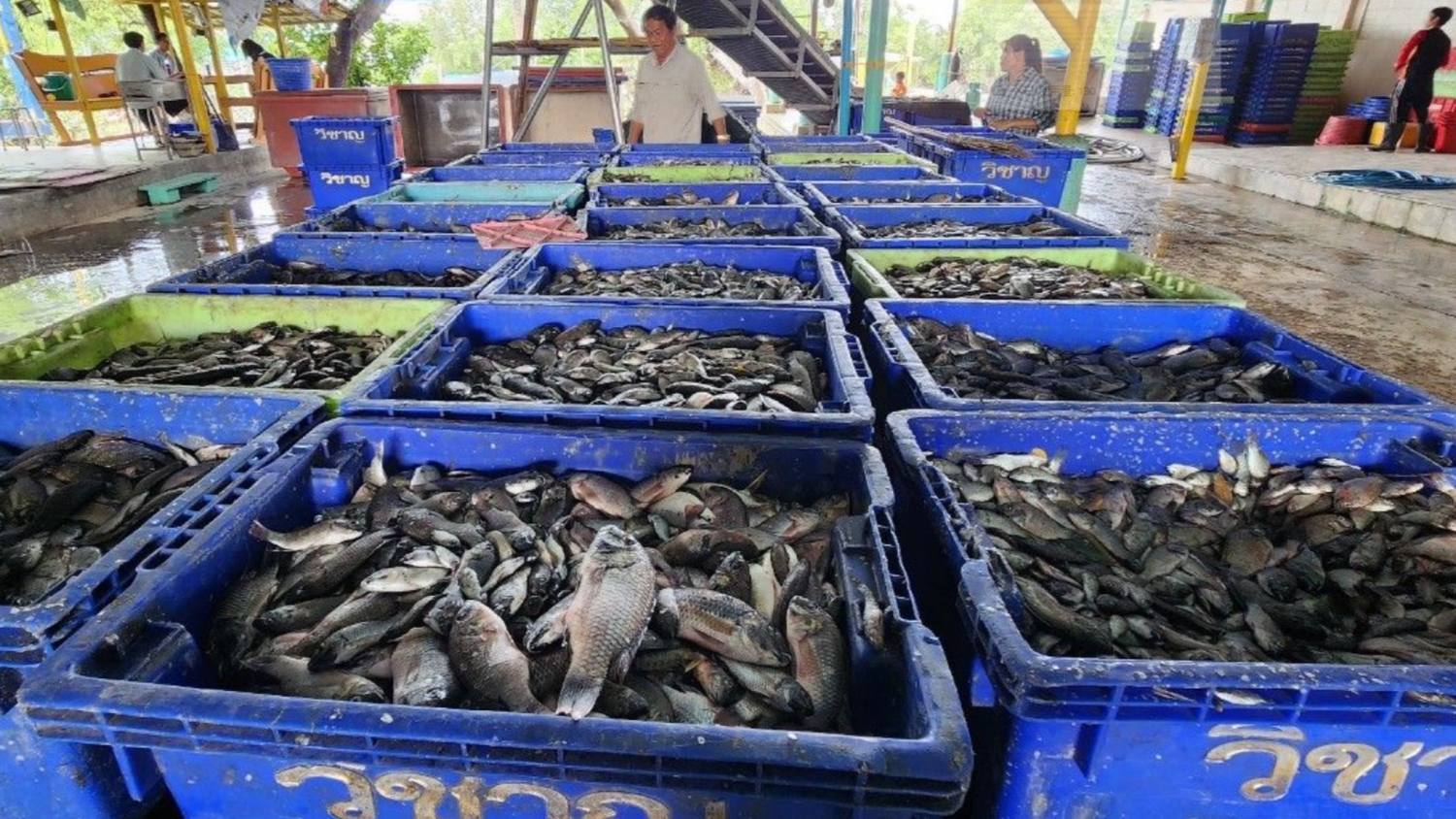"Informed AI News" is an publications aggregation platform, ensuring you only gain the most valuable information, to eliminate information asymmetry and break through the limits of information cocoons. Find out more >>
Thailand's Battle with Invasive Tilapia and Corporate Accountability
- summary
- score

Thai officials are battling the invasive blackchin tilapia, an African fish wreaking havoc in local waters. This omnivorous species thrives in both fresh and saltwater, breeding rapidly with eggs hatching in about 20 days at a 99% success rate. By July, it had spread to 16 of Thailand’s 77 provinces, causing significant damage to shrimp farms with losses reaching 300,000 baht per farm in some areas.
The issue has involved Thai conglomerate Charoen Pokphand Group, specifically its subsidiary CP Foods, which imported the fish in 2010 for research. Despite CP Foods’ claims of proper authorization and the subsequent cancellation of the research due to fish deaths, the Department of Fisheries disputes these assertions, noting DNA evidence linking all found tilapia to a single stock.
In response, the government has initiated a comprehensive strategy, including purchasing caught tilapia at a premium and releasing genetically modified, infertile fish into the wild. CP Foods, while denying direct responsibility, pledges cooperation, planning to buy 2 million kilograms of the fish and introduce natural predators to control the population.
This situation underscores the risks of introducing non-native species without thorough consideration of ecological impacts. The swift government and corporate responses reflect a pragmatic approach to mitigate immediate damage, yet the long-term ecological consequences remain uncertain.
| Scores | Value | Explanation |
|---|---|---|
| Objectivity | 5 | The article provides a balanced view of the situation, highlighting both government actions and corporate responses. |
| Social Impact | 4 | The article's focus on the ecological and economic impacts of the invasive species prompts social discussion on environmental conservation and corporate responsibility. |
| Credibility | 4 | The content disputes CP Foods' claims with DNA evidence, raising doubts about their responsibility. |
| Potential | 4 | The introduction of genetically modified fish and natural predators shows potential for controlling the invasive species. |
| Practicality | 5 | The government's strategy of purchasing caught tilapia and releasing infertile fish demonstrates practical steps to address the issue. |
| Entertainment Value | 4 | The article presents a real-life ecological challenge, engaging readers with the impact of invasive species. |